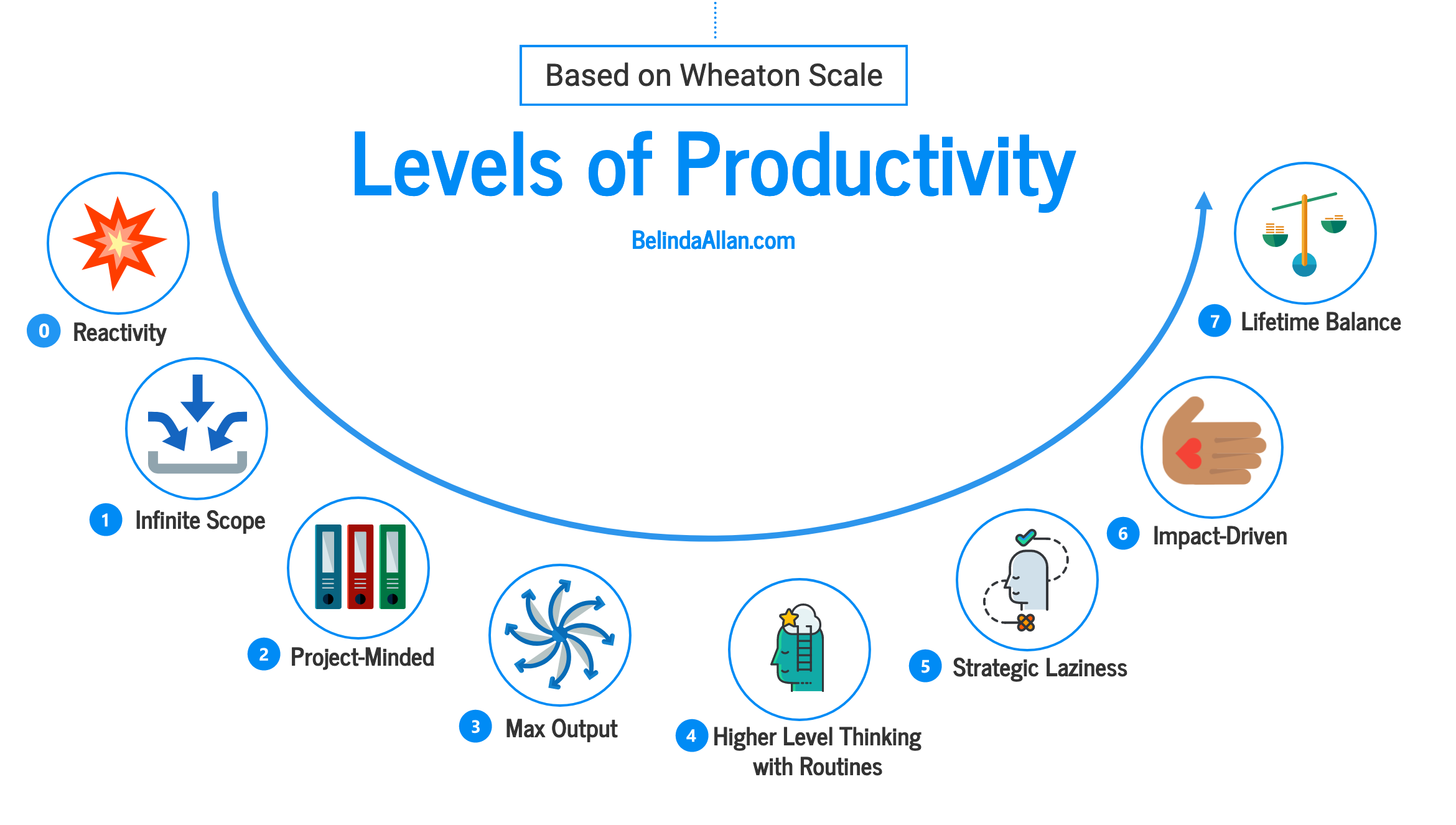Procrastination can feel like an overwhelming barrier to achieving our goals and maximizing our productivity. Many of us find ourselves caught in the cycle of putting off significant tasks, only to feel burdened by the mounting pressure as due dates approach. Understanding the underlying reasons of our procrastination is the initial step toward overcoming it. By acknowledging our habits and attitudes, we can implement effective strategies that not only enhance our productivity but also help foster a more positive outlook toward our work.
Adopting a productive mindset is crucial in breaking free from procrastination. With the right techniques, we can train ourselves to set priorities, manage our time wisely, and stay focused on the tasks at hand. In this article, we will explore actionable tips that can help you cultivate a mindset geared toward success and progress, enabling you to tackle your responsibilities with assurance and effectiveness. Let’s dive into these strategies that will empower you to take control of your schedule and reach your maximum potential.
Comprehending Procrastination
Procrastination is a frequent issue that impacts a lot of individuals, often showing up as a deferral in initiating or accomplishing tasks. It usually originates from a blend of elements, including anxiety of mistakes, perfectionism, or experiencing swamped by the task at hand. Comprehending the underlying causes of postponement can enable individuals address it with greater efficiently and cultivate a higher efficient mindset.
Often times, procrastination is a coping mechanism. When dealing with difficult tasks, some persons choose to distract themselves instead of facing the anxiety or stress that those tasks may arouse. This evasion behavior temporarily relieves discomfort but in the end obstructs productivity and can cause elevated stress as due dates loom approaching. Identifying this habit is crucial for disrupting the cycle of delaying.
Moreover, the impact of procrastination extends further than just failed deadlines. It can result in feelings of guilt, diminished self-esteem, and and burnout. Individuals may find themselves in a constant state of emergency, which can be harmful to their overall state of mind. Building understanding about the ramifications of postponement is an important step in emphasizing productivity and cultivating better, greater productive habits.
Methods to Enhance Productivity
To improve productivity, creating a organized daily routine is crucial. Begin your day by identifying the three key tasks that need to be completed. This focus allows you to choose efficiently and provides a clear roadmap for your work. Additionally, setting clear time periods for each task can assist avoiding distractions and keep your mind focused on the work at hand. A regular routine not only encourages discipline but also builds momentum as you check off finished tasks.
A further effective strategy is to limit distractions in your work setting. This can be done by setting up a dedicated workspace that is free from interruptions. Contemplate using apps or tools that limit access to distracting websites and notifications during work periods. Implementing techniques such as the Pomodoro Technique—laboring in short bursts followed by brief breaks—can boost your focus and avoid burnout. By deliberately managing your workspace and focus, you foster an climate that nurtures productivity.
In conclusion, including regular breaks and mindfulness practices into your work agenda can significantly boost your overall productivity. Brief breaks allow your brain to recover and revitalize, which is crucial for maintaining long-term focus and efficiency. Moreover, practices such as mindfulness or deep breathing exercises can boost mental clarity and reduce stress levels, further supporting a productive mindset. By cultivating both your physical and mental well-being, you build a rich ground for sustained productivity throughout the day.
Maintaining a Productive Mindset
For the purpose of maintain a productive mindset, it is crucial to cultivate a positive environment that fosters focus and limits distractions. Engulf yourself with uplifting quotes or visuals that energize you. Ensure your work area is neat and clear of clutter, as a clean environment can enhance your ability to focus. Additionally, consider establishing a regimen that consists of time for tasks, breaks, and self-care, making it simpler to enter the flow and keep your momentum throughout the time.
Another key aspect of developing a productive mindset is defining clear goals. When your objectives are specific, it is more straightforward to focus your efforts in a concentrated direction. Split larger tasks into more manageable, attainable steps, and celebrate your milestones along the way. This not only provides you a sense of accomplishment but additionally reinforces a constructive feedback loop that ensures you driven to tackle the next challenge. Remember to be open-minded and modify your goals as needed, giving yourself the freedom to adapt without losing momentum.

In conclusion, care for your mental and emotional well-being, as it significantly impacts your productivity. Add practices such as meditation, reflective exercises, or regular physical activity into your daily routine. These practices can help alleviate stress and enhance your overall clarity of mind. Participate in regular self-reflection to evaluate your productivity habits, identify areas for improvement, and reinforce a developmental attitude. By prioritizing your mental health, you will create a robust foundation that supports sustained productivity and resilience against procrastination.
